How to make concerts safer for women in Pakistan?
Insiders speak up on an issue that has existed for decades but people have just started talking about
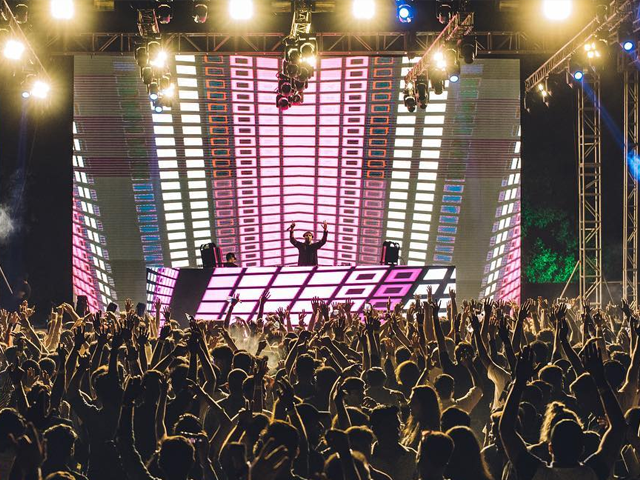
How to make concerts safer for women in Pakistan?
“This one time at a concert, this group of boys that I thought looked shady were smoking up near where I was standing. But even they moved away quite respectfully when I told them I was allergic to smoke,” she recalled.
Still, Ayesha is among the many women who prefer if their friends accompany them to concerts. “It is safer, avoids pointless public scrutiny and makes the whole process much easier. And thankfully, my [personal] space and comfort have never been violated,” she said.

There are more women and men who relate to Ayesha’s experience than those that don’t. A group of women who were shoved and felt up in the queue outside this year’s Sound Clash did not even think it worth complaining. “It happens at all concerts. The queue was long and some people were trying to gatecrash. We don’t want to make a big deal out of it,” one of the women told a correspondent of The Express Tribune at the event.
There are those who would appreciate the patience and graciousness these women showed when they let the incident pass as something you just have to deal with at public events in Pakistan. But the question then arises: what do you make a great deal out of?
A few months after the aforementioned Sound Clash, a woman named Lila shared (on social media) how around 30 men tried to molest her at the Solis concert in Lahore. “As soon as I turned around to face my friend, I don’t know where my other friends went, there were so many hands grabbing me below the waist. Like, millions of hands. It seemed like it was planned,” she said, recounting her ordeal. Lila wrote she was rescued by her sister, who too had been harassed at another part of the venue.
SSB Bouncers, the company responsible for security at the event, issued a statement in response but organisers Full Circle Agency remained mum over the matter.
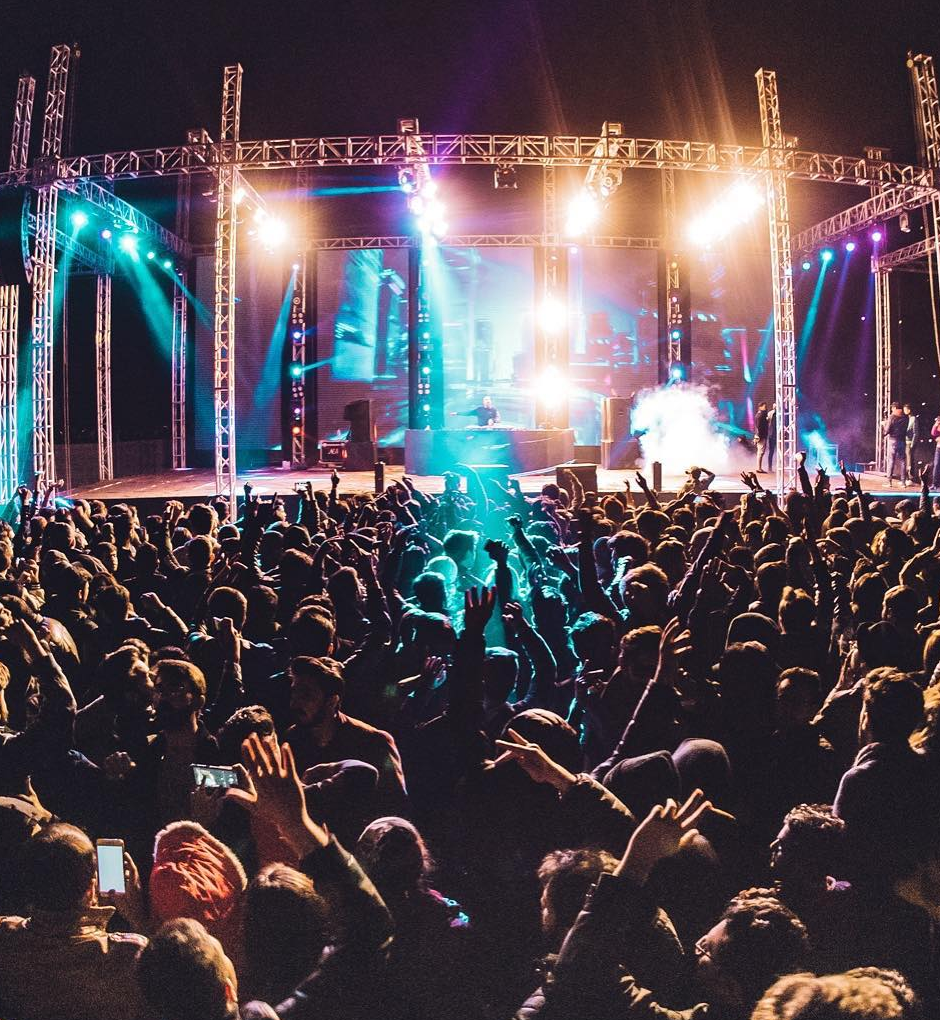
In January 2017, Atif Aslam made headlines after he rescued a woman from being harassed by stopping the concert midway and calling security. While the pop icon’s sense of responsibility and chivalry in acting so promptly must be appreciated, the fact remains that such disturbing incidents do regularly occur at concerts. They only get reported if a celebrity responds to them or if a victim recounts the ordeal on social media. For the latter, such confessions also open the floodgates for victim-blaming and shaming.
Whether women let such incidents slide as a risk inherent in attending at such an event or bravely speak out, the question remains: what can be done to make concerts safer for them?
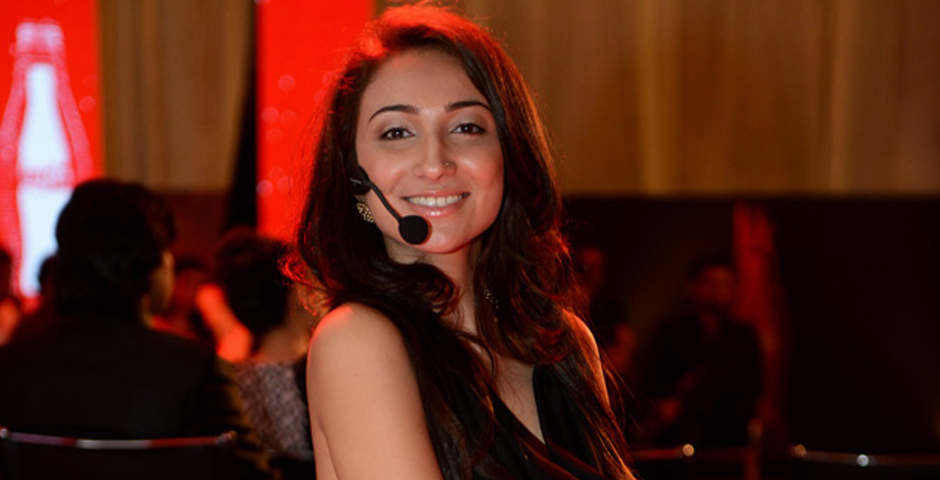
Well-known VJ and TV personality Anoushey Ashraf who attended the Solis Festival feels the problem is more social and the management shouldn’t be singled out for such a mishap.
“All of this is so new in Pakistan and people don’t really know how to segregate properly,” she told The Express Tribune. “I think girls who come with their families or their male friends should be given a separate enclosure and boys a separate one so everyone can have a good time without feeling vicimised.”
Anoushey also suggested organisers announce at the start of an event that anyone found guilty of harassment would be taken into custody. “Better and more thorough screening and sharp vigilance through security cameras will help improve the situation as well. And last but not least, educate yourselves on how to take care of each other better.”
More awareness
Better education and awareness is a suggestion that comes up every time problematic behaviour is highlighted. For veteran rock musician Asad Ahmed, that is where any solution to making concerts safer should begin.
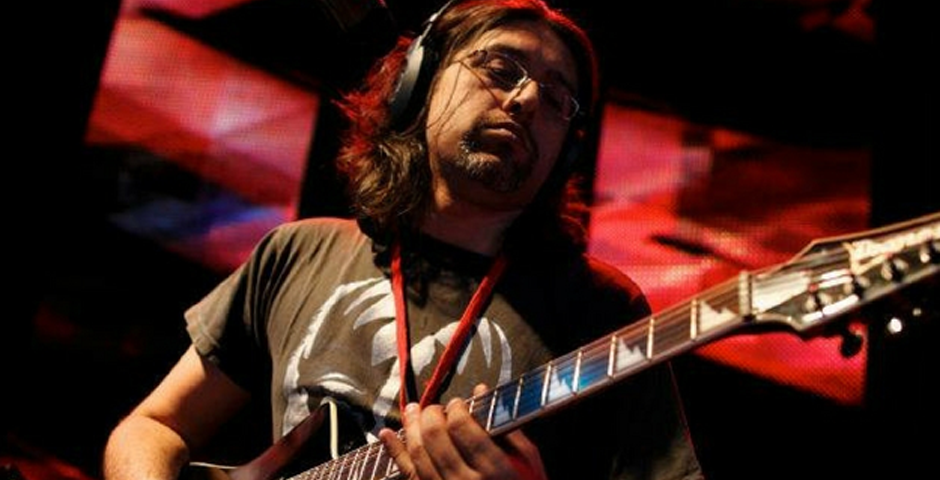
“Educating ourselves is the first thing we should do. Such [harassing] behaviour begins at home and we should know better,” he told The Express Tribune on the set of the Battle of the Bands.
For Asad, who has performed live for more than two decades, Pakistan’s concert culture has not changed much over the course of his career. “Trust me, the crowd and the issues are the same as they were back in the days,” he said. “Incidents of women being harassed were and still are very, very common.”
“There are times when performers see someone groping a woman from stage and they immediately ask their logistics team to remove that person from the audience. But it’s such a common occurrence, it’s actually problematic,” he lamented.
“Unruly audience was one of the reasons that resulted in concerts not happening in Pakistan altogether,” said Raania Durrani, a recent concert management entrant whose company Salt Arts is known for employing a predominantly female team and treating harassment and other bad behaviour quite seriously. But the lack of concerts may actually have contributed to the persistence of such unacceptable behaviour.
“A quality audience is cultivated over the years,” Raania pointed out. “It must be our top priority to enrich, educate and cultivate good audiences. Even if that means waiting patiently until the audiences are ready to truly understand the pleasure of listening to live music in a respectful, kind and gender balanced environment.”
The concert promoter added that audiences must be made to realise that they are responsible for a good experience as a group. She also suggested concert management and security hire men and women in equal numbers to counter harassment incidents.
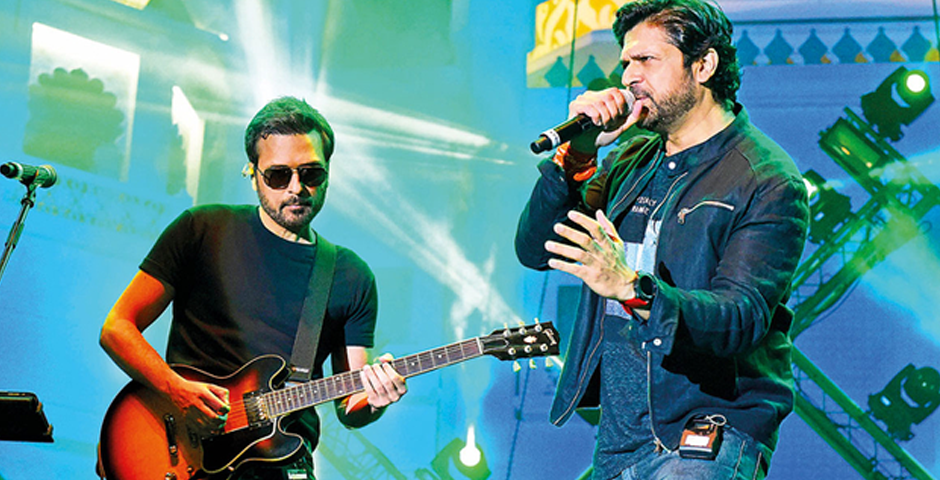
Bilal Maqsood, one half of the band Strings, agrees that the recent spike in concert harassment incidents corresponds with the industry’s return to normalcy. However, he still suggested some measures to control the rowdiness of a few.
“It is shocking and disturbing that harassment at concerts still happens, but we cannot let a few ugly beings hijack the fun of thousands,” he said. “We can have a police unit dedicated to harassment comprising both male and female officers armed with tasers and batons. These officers can be deployed at concert venues and made to wear brighter uniforms.”
Bilal, like Anoushey, also called for better video surveillance at concerts. “Higher quality security cameras should make girls and women feel safe and let troublemakers know they are being watched.”
That being said, at times no precautions are enough to prevent miscreants from finding a way to ruin an event for others. Even the most experienced concert organisers are not immune.
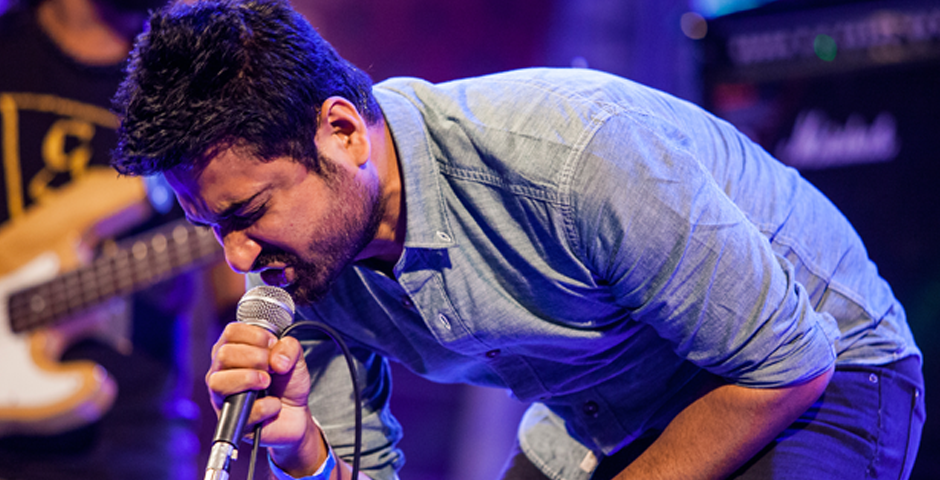
Take the case of Lahooti Melo, an annual festival aimed at celebrating music, arts and culture. Despite taking all possible measures, festival organisers had to aggressively tackle a group of boys who had been harassing women all over the venue and adopt a stricter policy the following year.
“It is of course a social awareness issue, but sometimes those who behave badly are not deterred, no matter how intimidating the measures in place,” said Saif Samejo, who founded Lahooti Melo in 2014. “We have seen even celebrities engage in such pathetic behaviour. How does one go about controlling such incidents?” he asked.
“For the next festival [following the one with the harassment incidents] we set up separate desks staffed by female police officers only,” Saif said. “We also made separate enclosures for families and fortunately there were no reports of harassment that year.”
Separate concerts or separate enclosures?
Coming back to the Solis Festival, Lila’s case had Meesha Shafi of Bholay Bhaaley Saiyyan fame immensely furious. The unwitting face of #MeToo in Pakistan feels the atmosphere at public spaces in the country is so toxic that the only solution is to organise concerts solely for women.
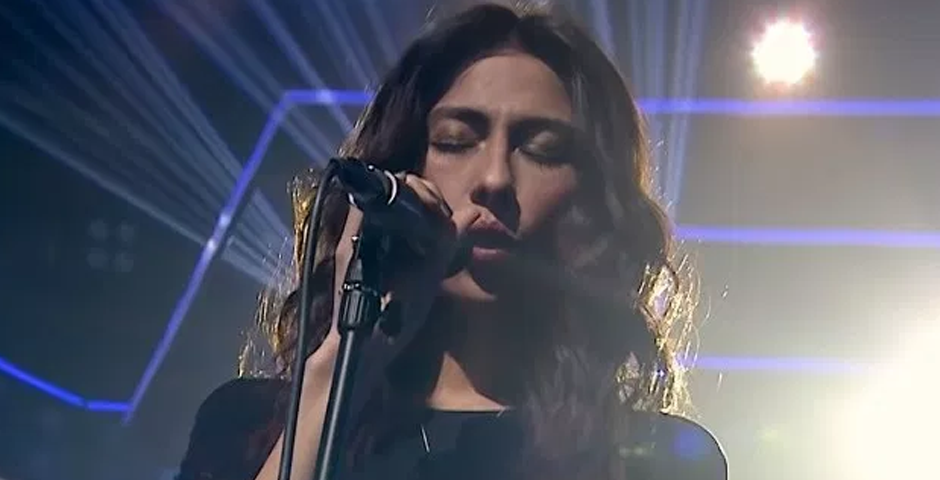
“Think of it as a form of punishment. I’m not pro-segregation, but if something this ridiculous is going to happen then we have to do something equally ridiculous to prevent it,” she said. Even so, she vehemently opposed the idea of separate enclosures. “I mean, are you going to catch a concert or going to a zoo? That’s not progress, that’s regression,” Meesha said.
“We really need to get our game together. Aren’t we always harping on about portraying a positive image and a soft image?”
Rachel Viccaji is another female performer who despises the idea of segregation but is equally angry about the suffocating circumstances under which women have to enjoy themselves. “I don’t believe in any sort of segregation,” she told The Express Tribune. “The idea baffles me.”
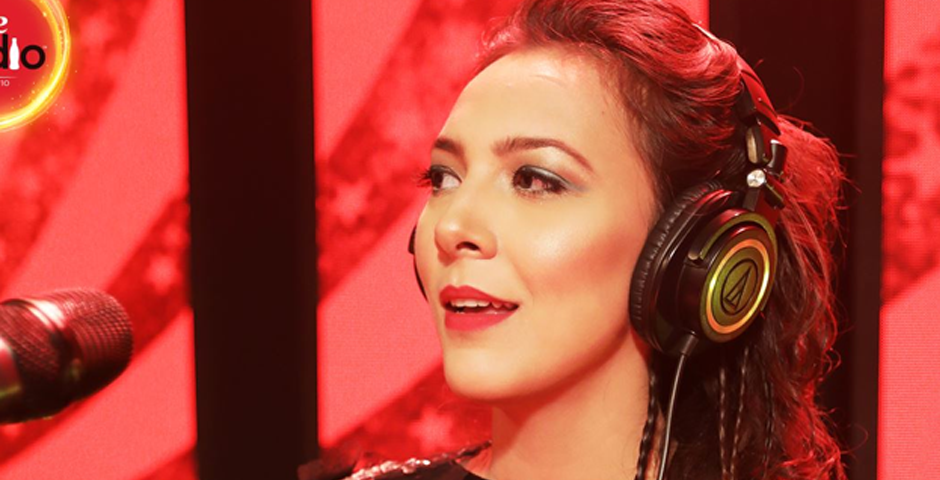
That said Rachel feels the incidents of harassment can be reduced significantly or highlighted if women were given some sort of signs such as a flag to indicate when they are being groped or touched inappropriately.
The positive side, at least for musician, T2F director and festival organiser Arieb Azhar, is that more and more such incidents of harassment are being discussed in public. “That is the first step. Nothing will change until people start to share these stories publically,” he said. He also advised artists and concert organisers to do a background check on the companies they work with and blacklist those under whose watch such incidents took place.
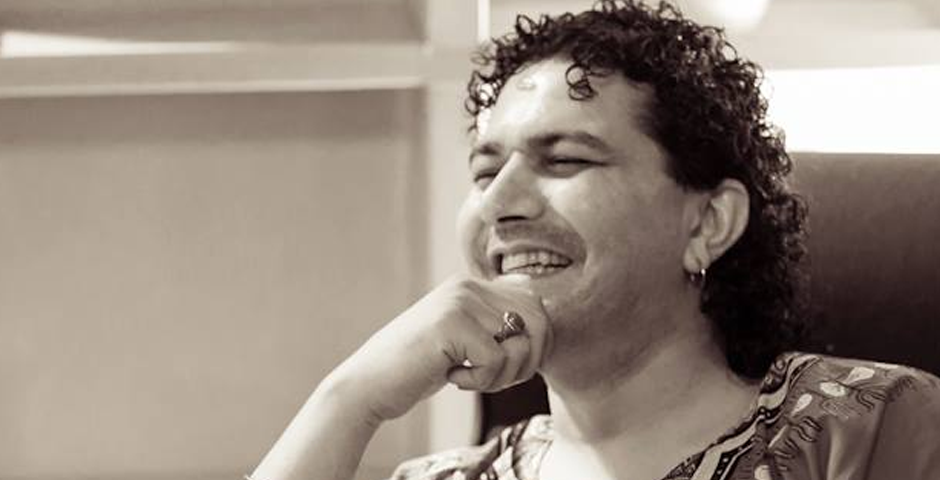
According to Arieb, the overall atmosphere or safety situation depends on the kind of event you are trying to organise. “Is it a purely commercial event? If that’s the case, then there’s a chance that such events might happen quite often. However, if the audience realises that there’s a purpose behind a festival – for example, if it is meant to promote music and give people a good time, then they tend to behave better,” he said.
Festivals like Lahooti Melo allow audience members to come in either by registering themselves at the counter or by a previously forwarded invitation. Technically speaking, every ticketed event is a commercial event. When you buy the ticket, you expect a certain form and level of entertainment in an environment where basic necessities such as food, water and safety are being met.
Who is to blame?
Although singer Zeb Bangash, like many of her fellow musicians, places the onus of creating a safe zone for women on organisers, she feels women themselves can do a lot by helping each other out and embracing a sense of community.
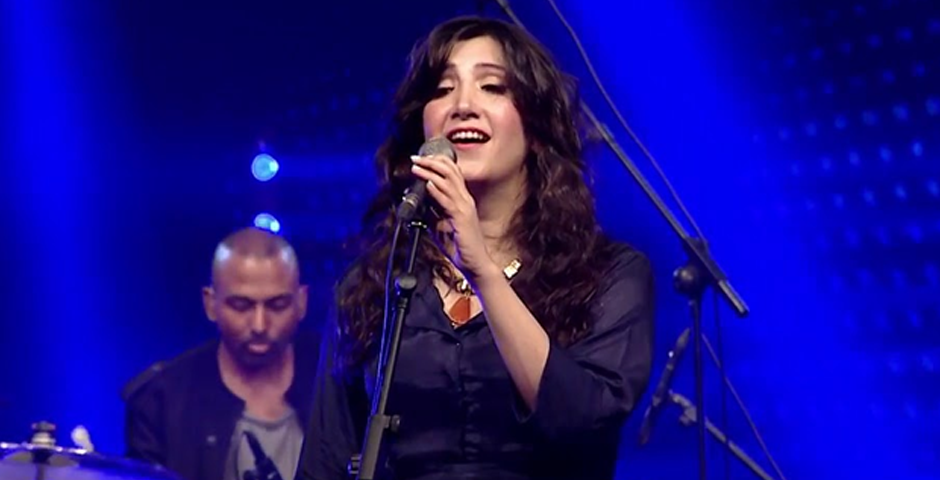
“They should avoid going to crowded spaces alone and watch out by accompanying each other to places like the restrooms and carrying their cellphones with them at all times,” she said.
On a number of occasions, including in educational institutes, where a certain protocol is already in place, men and boys tend to abuse the freedom that the ticket promises. “I’ll be frank with you; there is a type of boys or men who feel it is their right to violate others, particularly women’s space and freedom just because they have paid for the ticket,” a bouncer who chose to remain anonymous told The Express Tribune at a concert. He has been part of the security team for a number of concerts.
“I don’t know if it is fair to put them in a social class or background, but they are quite easy to identify. But then who are we to just pick and throw them out based on how they look or talk to each other,” he said. “It is and will always be tricky business unless other men, particularly the ones accompanying female friends or ‘families’ also be mindful of whether a woman is being unnecessarily bothered. No security team can keep eyes on every row and spot in the crowd. It spoils the experience.”
The up close and personal perspective of the bouncer raises compelling reality checks for stakeholders who mostly observe concerts from a distance. They do call out someone or something that happens in front of them but usually they tweet their anecdotes and commentary after a victim comes forward or an incident is highlighted by the press. Can they do anything more? Particularly when a woman is groped, felt up and ‘undressed’ by a coordinated attempt in the very crowd we expect to develop a sense of community in. Perhaps, yes.
While these are serious questions that can’t be answered empirically, the debate essentially boils down to the question of personal liberty and segregation. Separating genders and discouraging mixing at public spaces seems like an attractive quick fix for the post #Metoo correction phase of Pakistani society but like Shafi said, it is regressive and not the solution we are looking for.
Recommendations
1. Employ women in your security and management teams and make sure there are dedicated harassment cells on the venue with both male and female officers.
22. Artists can have their contracts revised and ensure the organisers have taken special security measures to provide safer space for women in the audience.
3. Call out and blacklist any event management company that has a history of harassment cases and did nothing to improve their operations.
4. Warn about harassment violations through announcements on a loud speaker and equip security guards with necessary equipment to intimidate potential harassers and control an ongoing situation.
5. Keep an eye out for each other and respond and report to any possible violation of space and freedom in the crowd. Alert the security if you think you can’t control the situation on your own.
6. Organisers should make sure that places such as the restrooms and food areas are not too far away in a secluded, under lit corner of the venue.
7. Tickets should warn against bad behaviour and possibility of criminal action and artists should use their social media pages to do the same.
Rough timeline of harassment at concerts
Late 1980s
Jupiters concert in Karachi
Ali Azmat was performing as the frontman of Jupiters at a ground opposite the Delhi Colony area in Karachi. Men jumped over the audience divider and started harassing women.
2002
Junaid Jamshed in Karachi
Junaid Jamshed was performing at a posh hotel in Karachi. Some men reportedly tried to force themselves on women, leading to multiple injuries and police intervention.
2004
Sonu Nigam in Karachi
Sonu Nigam had initially decided not to perform after a person died in a bomb blast. He then went on stage and later called out men who were groping women. He even threatened to leave the show halfway.
2017
Atif Aslam in IBA, Karachi
Singer Atif Aslam was compelled to stop a live performance midway when he spotted a girl being eve-teased at IBA Karachi. He then ensured that the girl was taken to safety.
2019 – April 17
Solis festival Lahore
Lila Khan took to social media to share her horrific story of harassment that started at the security check and left her traumatised. She claimed to have been molested along with her sister.
2019 – April 21
Multiple artists at F9 Park Islamabad
Atif Aslam, Gul Panra and Aima Baig were performing at the F9 Park in Islamabad. Men and boys started pushing towards the pit where only women were standing. It got so bad that Atif had to call security.
Have something to add to the story? Share it in the comments below.

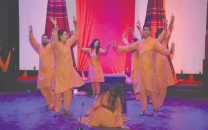
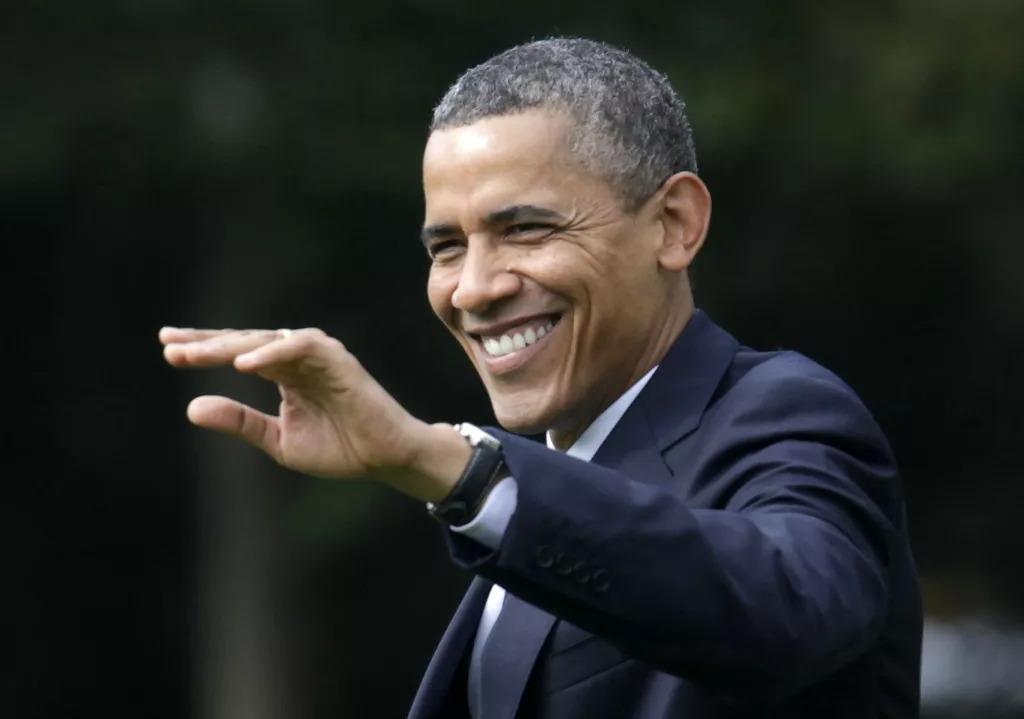

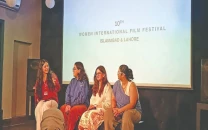

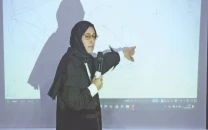











COMMENTS
Comments are moderated and generally will be posted if they are on-topic and not abusive.
For more information, please see our Comments FAQ